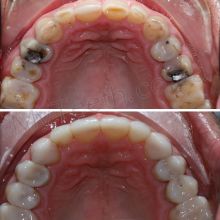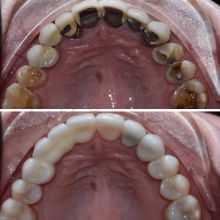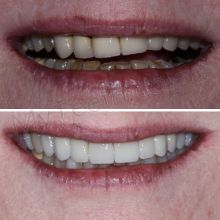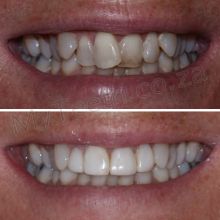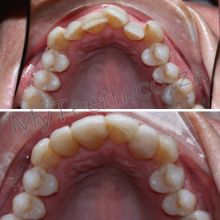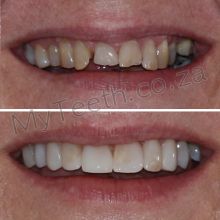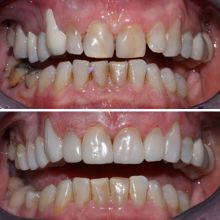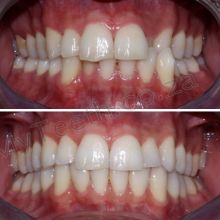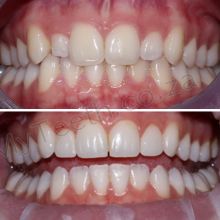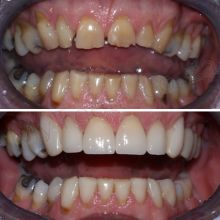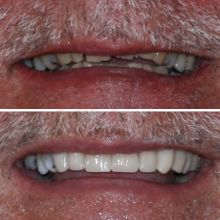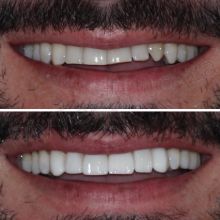What Is Snoring?

For most of us snoring is just a big irritable nuisance and partners, family members or friends that share a bedroom with snorers are the ones mostly affected. The truth is that snorers themselves are often lonely, suffer in silence and might be risking their health! An estimated 60% of all men and 40% of women over 60 years as well as 10% of men and 5% of women over 30 years old snore. Many of them without knowing it. When the soft tissue in the throat vibrate during sleep it as known as snoring. This happens when the tongue and soft palate is relaxed during sleep and usually narrows the airway.
Reasons Why These Tissues are Relaxed or Narrowing takes place:
- Obesity or Overweight
If you are overweight the soft tissues in your throat will be more flaccid. This will cause more inward pressure resulting in narrowing of the airway. - Alcohol Consumption Before Sleep
Alcohol might make you feel more relaxed before bedtime, but your throat's soft tissues will be more relaxed too. This can lead to snoring. - Sleeping Medication
This has the same effect as alcohol and will not only help to relax you, but also your throat's muscles. - Pregnancy
Pregnancy usually leads to weight gain and snoring is very common during the last trimester. - Excessive Soft Tissue
Some people have extra soft tissue or an oversized uvula (small tongue) in their throat that will vibrate more easily during sleep. - A Swelling or Growth in the Throat Tissues
Any abnormalities should be check out by your physician as swelling in the throat could be pre-cancerous. These swellings will cause obstruction of the airway and lead to snoring. - Enlarged Tonsils
Enlarged tonsils can be due to infection and will also cause narrowing of the airway space. This should be checked out by your doctor to eliminate any form of tumorous growths. - Inflammation of the Airways
The airways can easily become inflamed and swollen, especially during flu or respiratory disease. - Increase in Age
As we get older all our soft tissues will enlarge especially in the facial area. The soft tissues in the throat will cause narrowing of the airway space. This explains the higher incidence in snoring in elderly people.Tissues collapse and causes snoring
Snoring may be a sign of sleep apnea. Sleep apnea occurs when the airway completely collapses and air and oxygen is blocked off from reaching the lungs,brain and heart. This can cause serious health problems.
Damage to the person's health is inevitable and can lead to:
- Daily Tiredness
If you are overweight the soft tissues in your throat will be more flaccid. This will cause more inward pressure resulting in narrowing of the airway. - Morning Headaches
Alcohol might make you feel more relaxed before bedtime, but your throat's soft tissues will be more relaxed too. This can lead to snoring. - Relationship Problems
This has the same effect as alcohol and will not only help to relax you, but also your throat's muscles. - Depressive Mood Swings
Pregnancy usually leads to weight gain and snoring is very common during the last trimester. - High Blood Pressure
Some people have extra soft tissue or an oversized uvula(small tongue) in their throat that will vibrate more easily during sleep. - Heart Circulation System will be Stressed
Any abnormalities should be check out by your physician as swelling in the throat could be pre-cancerous. These swellings will cause obstruction of the airway and lead to snoring. - Increased Risk for Stroke and Heart Attack
Enlarged tonsils can be due to infection and will also cause narrowing of the airway space. This should be checked out by your doctor to eliminate any form of tumorous growths. - Reduced Life Expectancy
The airways can easily become inflamed and swollen, especially during flu or respiratory disease. - Impotence
As we get older all our soft tissues will enlarge especially in the facial area. The soft tissues in the throat will cause narrowing of the airway space. This explains the higher incidence in snoring in elderly people.
If the obstruction persists, the brain partially wakes the person to stimulate them to clear their throat and breath. This cycle can repeat up to 50 times per hour in one night! If breathing stops for at least 10 seconds more than 5 times per hour, sleep physicians would talk about sleep apnea. The real seriousness of breathing problems can only be diagnosed by sleep physicians and the necessary treatment selected. In snoring only or light cases of sleep apnea the dentist can help with a stop snoring appliance. For more serious snoring or destructive sleep apnea a C-PAP machine is the first line of treatment. Surgery to reduce excessive soft tissue can also help and is performed by an Ear-Nose and Throat surgeon.


